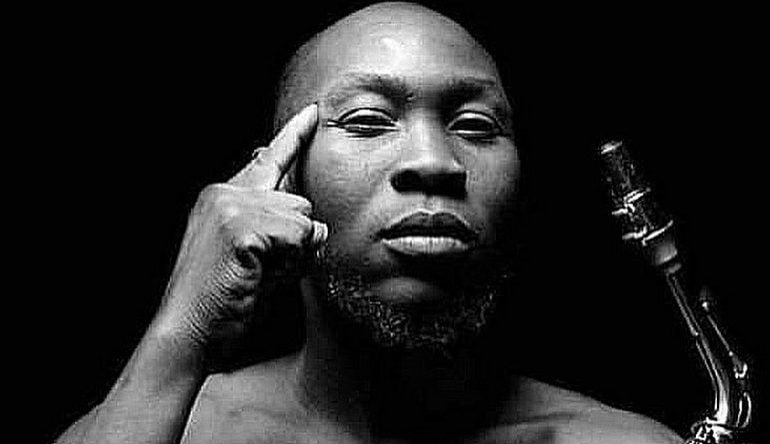Seun Kuti, the Afrobeat singer, is of the opinion that Lagos is a “European satellite slave port” owned by the Portuguese.
In a series of Instagram posts on Tuesday, Seun argued that people who think Lagos is a “no man’s land or a Yoruba land are wrong”.
According to the singer, Lagos is a “Portuguese world chaired by Yoruba slavers.”
The 40-year-old son of Fela Kuti, the late Afrobeat icon, also asked those who oppose his viewpoint to explain why other cities like Ibadan and Osogbo don’t have European names.
“Lagos is no man’s land– wrong, Lagos is Yoruba land– wrong again. Lagos is a European satellite slave port– correct! Lagos is a Portuguese world, it was called the slave coast,” he wrote.
“Everyone moved to Lagos to slave. All prominent Lagos elites are slavers, defend your masters all you want. Why Ibadan no get Portuguese name? What’s the French name of Osogbo? He who names it, owns it.
“Someone should go to the airport and say ‘give me a ticket to Eko’ and see what happens. Lagos is the official name.
“Why do you think only parents name children? Whoever named you is your owner in the existential sense. Without that person that named you, you can’t exist.
“You are living in a colonial matrix of European domination. If you don’t understand that at least, you can’t understand anything.”
Seun’s point of view comes at about the same time when Yul Edochie said it is “morally wrong to say Lagos is a no man’s land.”
According to him, “Lagos belongs to the Yorubas,”
He added that the notion that the commercial city belongs to no one is “invalid.”
View this post on Instagram
Advertisement
According to a report on the state government website, Lagos, which means “lakes”, was a name given to the settlement by the Portuguese.
“Throughout history, it was home to a number of warring ethnic groups who had settled in the area. Following its early settlement by the Awori nobility, and its conquest by the Bini warlords of Benin, the state first came to the attention of the Portuguese in the 15th century,” the report reads in part.
“Portuguese explorer Rui de Sequeira visited the area in 1472, naming the area around the city Lago de Curamo; indeed the present name is Portuguese for “lakes”. Another explanation is that Lagos was named for Lagos, Portugal—a maritime town which, at the time, was the main centre of Portuguese expeditions down the African coast, and whose own name is derived from the Latin word Lacobriga.”
Copyright 2024 TheCable. All rights reserved. This material, and other digital content on this website, may not be reproduced, published, broadcast, rewritten or redistributed in whole or in part without prior express written permission from TheCable.
Follow us on twitter @Thecablestyle

